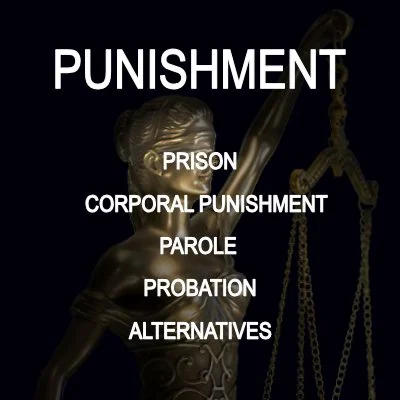By Margaret Colgate Love
The problem of collateral consequences calls to mind Supreme Court Justice Oliver Wendell Holmes Jr.’s famous line: “The life of the law has not been logic: it has been experience.” U.S. criminal law itself is not theoretically pure. In the area of civil law, in particular commercial law, dozens of uniform laws are on the books, drafted by experts, many of which, such as the Uniform Commercial Code, have been widely adopted. But in a country where we evaluate criminal justice polices based on a melange of principles - retributivist, utilitarian, economic, religious, pragmatic, intuitive, and emotional - there is and could be no Uniform Penal Code.1 Criminal law is inconsistent across states, and even within states, in its underlying justification or rationale, and the reasons that particular rules or practices exist. The Model Penal Code has been widely influential, but—as designed—states adopted only the pieces they liked, and heavily modified them. Disagreement about how to treat someone who has been arrested or prosecuted after their criminal case is concluded is, if anything, even more intense. The collateral or indirect consequences of their experience may be divided into four main types: Loss of civil rights, limits on personal freedom (such as registration or deportation), dissemination of damaging information, and deprivation of opportunities and benefits, each of which may be justified and criticized for different reasons. Accordingly, criminal law practitioners and scholars disagree about the fundamental nature and purpose of collateral consequences. To the extent the public at large ever thinks about them, they also hold a range of views. There is no consensus about whether collateral consequences in general or particular ones should be understood as further punishment for crime or prophylactic civil regulation, as a reasonable effort to control risk or as an unconstitutional and immoral perpetuation of Jim Crow, or, perhaps, understood in some other way. Advocates, analysts, and lawmakers will never be in a position to argue persuasively “because collateral consequences rest on Principle X, it follows that they should apply in and only in Condition Y, and must be relieved under Circumstance Z.” Yet, the practical problem of collateral consequences looms large. With their massive expansion in recent decades, those who experience collateral consequences firsthand know that they cannot become fully functioning members of the community without finding a way to overcome them. The economic dislocations caused by the Covid-19 pandemic underscore the practical implications of collateral consequences: With individuals desperate for money and opportunity, and businesses hungry for workers, the need for a sensible policy to minimize employer concerns about risk is clear. And while there remains no compelling necessity for all states to have the same penalties for armed robbery or cattle rustling, collateral consequences are a national economic problem affecting whole communities that might justify a federal, or at least a uniform, solution. Fortunately, agreement on underlying principles is not required to agree on particular policies.2 Most Americans agree that people arrested or convicted of crime should not be relegated to a permanent subordinate status regardless of the passage of time, successful efforts at rehabilitation and restitution, and lack of current risk to fellow Americans. Finding ways to restore their legal and social status is a compelling necessity, given the array of collateral consequences adversely affecting tens of millions of Americans, their families and communities, the economy, and public safety itself. To adapt a line from Justice Anthony Kennedy’s 2003 speech on criminal justice to the ABA, too many people are subject to too many collateral consequences for too long. At the same time, substantial majorities likely agree that public safety requires excluding those convicted of recent criminal conduct from situations where they present a clear and present danger of serious harm. Even if it is impossible to identify a s
Washington, DC: Collateral Consequences Resource Center (CCRC) , 2022. 129p.


